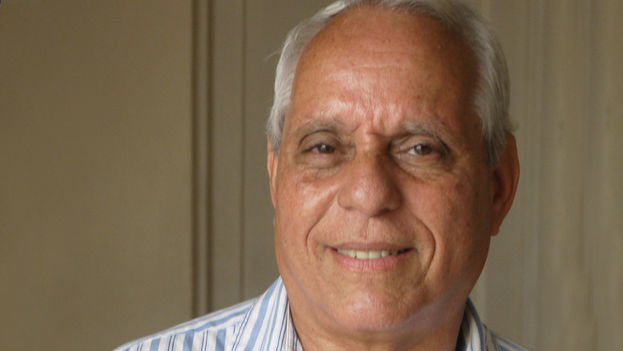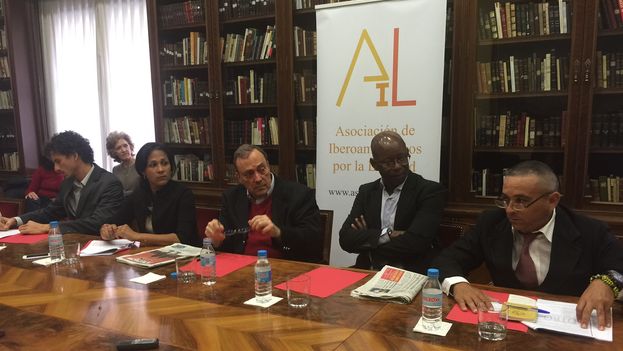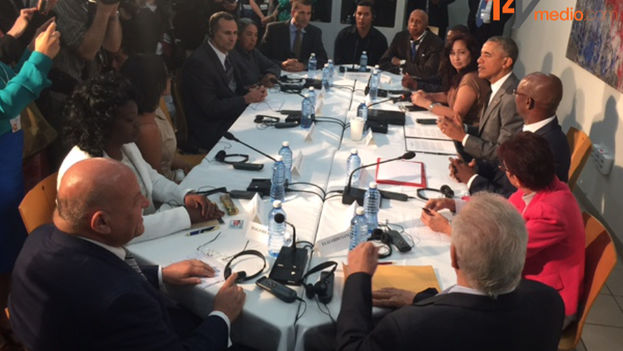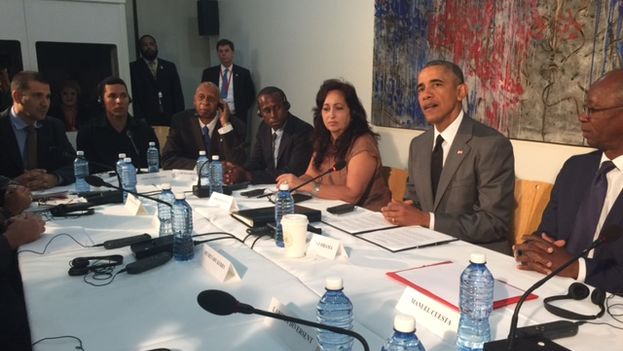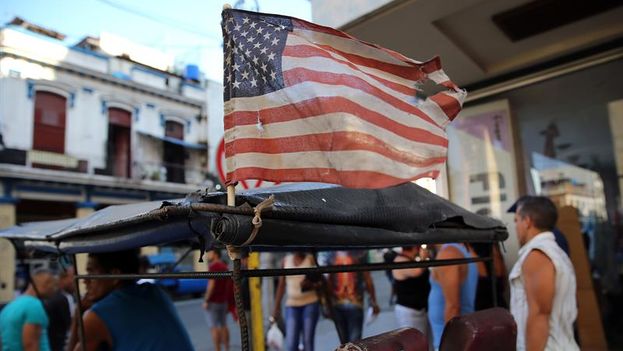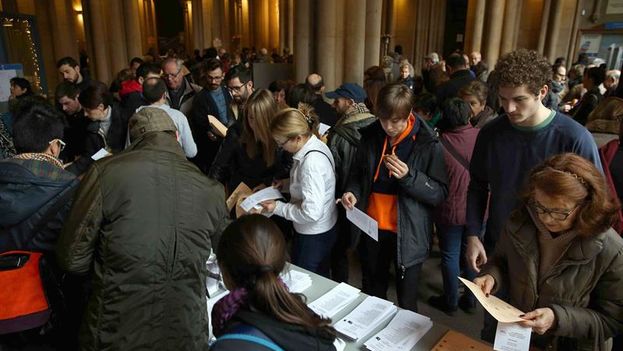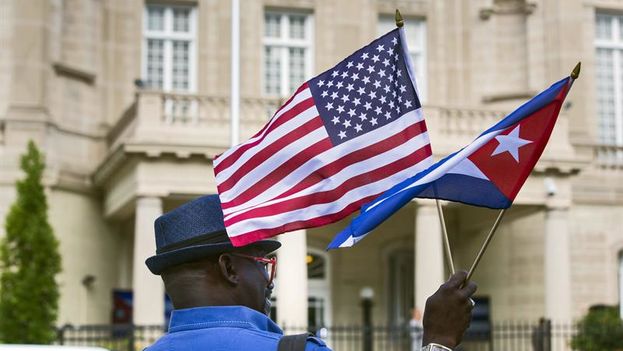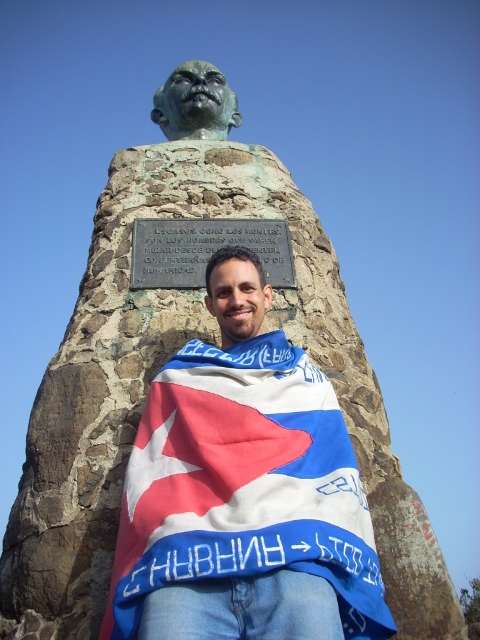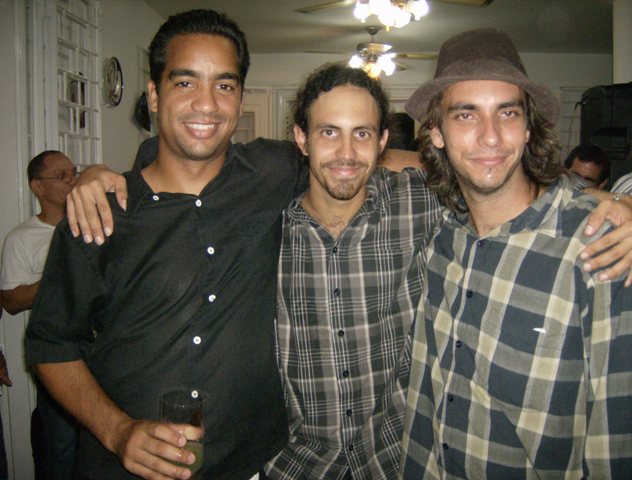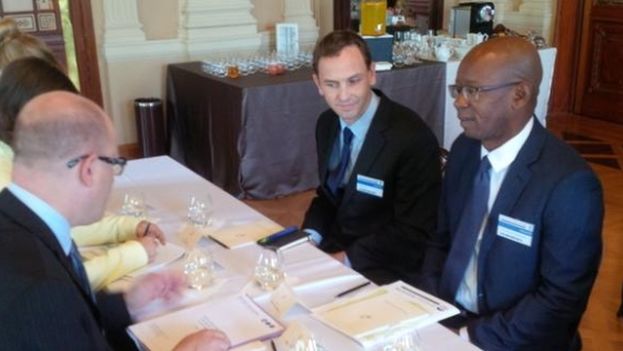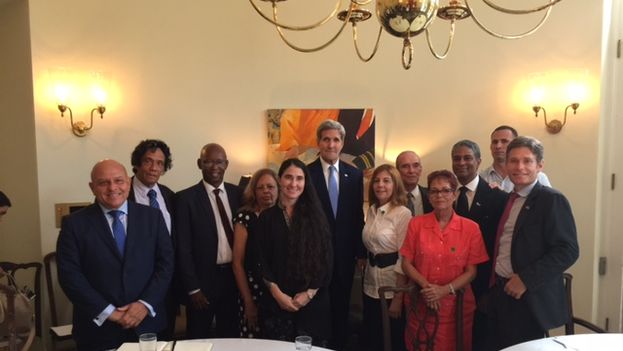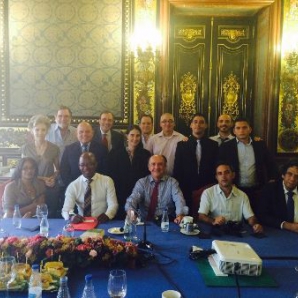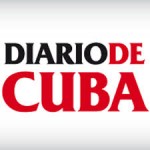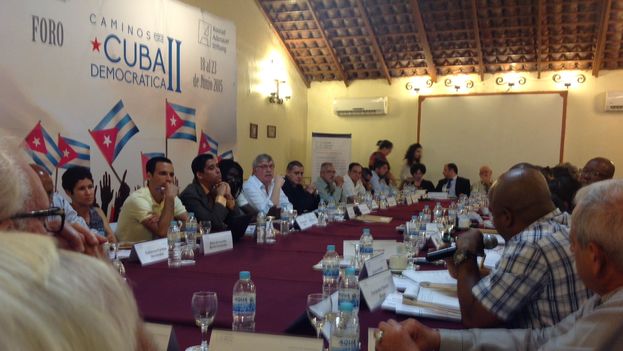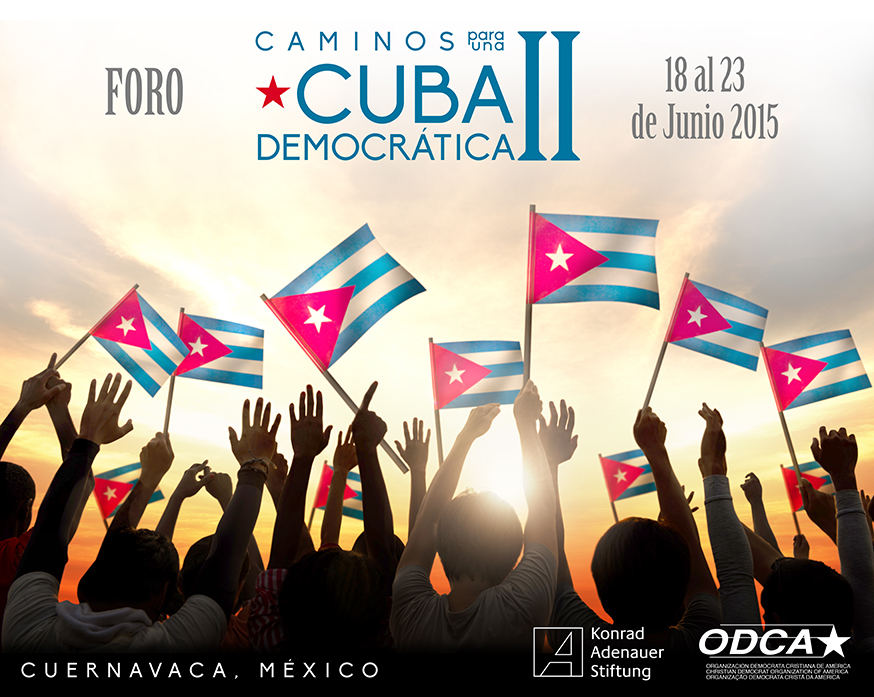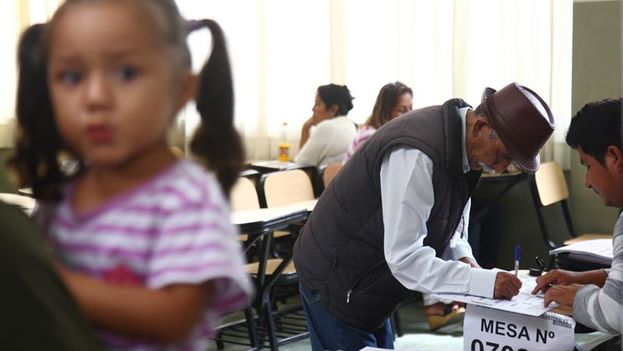
![]() 14ymedio, Manuel Cuesta Morua, Havana, 19 April 2016 — In many ways, the elections in Peru reflect in some way the process of democratic maturation in the Americas. I participated in the elections of 2016 as an international observer in response to a shared invitation from Peru’s Political Institute for Freedom (IPL) and the Center for Assistance for Electoral Processes (CAPEL), based in Costa Rica. This was my third experience, after Argentina and Spain, whose electoral processes I also observed.
14ymedio, Manuel Cuesta Morua, Havana, 19 April 2016 — In many ways, the elections in Peru reflect in some way the process of democratic maturation in the Americas. I participated in the elections of 2016 as an international observer in response to a shared invitation from Peru’s Political Institute for Freedom (IPL) and the Center for Assistance for Electoral Processes (CAPEL), based in Costa Rica. This was my third experience, after Argentina and Spain, whose electoral processes I also observed.
It was the first time that two representatives of Cuba’s public platform #Otro18 (Another 2018) managed to be present in elections as international observers. This has allowed us to look at the polls from a new angle to gauge the strength of the electoral system as a whole. continue reading
Electoral Integrity is, roughly, a concept that allows us to analyze elections from a conception that goes beyond the day of the vote. We observe the conditions of electoral competition, the degree of independence of the agencies involved in the process, the level of independence and freedom of citizens to elect and to be elected, the role of the press, respect for human rights, the balance of participation among candidates and, of course, the process itself starting from the call for elections through counting the votes and releasing the results, as well as all the logistical conditions.
Electoral Integrity goes to the quality of the process. It precedes the elections, follows them, and follows up post-election, looking at how citizens perceive the process itself. This concept holds that electoral systems are perfectible. A system is not a permanent given, rather every system has to evolve, readjust to technological conditions, and – this is fundamental – respond to changes in context. The main thing is the quality of representation and the clarity of the elections.
The idea is dying, therefore, that good elections are reduced to participation, calm, competition and transparency on the day of the vote.
Based on this concept, I was able to observe that the elections in Peru began long before they were called, at the end of 2015.
I was in Trujillo, the most important center of La Libertad region, in the north of Peru. In the National Organization of Electoral Processes (ONPE) I observed closely the well-oiled electoral architecture for the elections convened this April. I talked to the judges of the National Elections Board (JNE) and with the Organization of Electoral Processes, responsible for overseeing voting and ensuring the necessary logistics.
Voting is compulsory, with corresponding fines for those who do not turn out, but I noticed more civic engagement than fear of harm to one’s purchasing power. Fines respond, in any case, to social classes: 29 soles (the official currency) for the poorest, 90 for the middle classes, and 193 for economically privileged sectors. Probably 29 soles could be very important for the 20% in the lowest band of Peruvian society; however, 80% of the more than 23 million Peruvians who took to the polls could easily pay a fine, for them symbolic, to punish the system.
From here I drew a first conclusion: democracy is a civic virtue in Peru, despite the remnants of political violence. We attended a crowded rally at the end of the Pedro Pablo Kuczynski campaign. The participation of thousands of his followers was a sign that democratic conviction is probably more important than the political and communications capacity, and perhaps the vision, of their leaders.
I noticed that the leadership of the parties responds to the leadership and civic engagement of Peruvians, a fact that solidifies the soil of democracy in that country, although one should not lose the perspective of the importance and value of political leadership in democracy. My doubt arose from whether the presidential candidates shared the stature of their citizens.
A second condition of Electoral Integrity is thus satisfied: the political space for the civic expression of citizens. This is a substantial element to strengthen the relationship between civil society, the citizenry and political parties: electoral transparency.
The behavior of the press is the third essential element for Electoral Integrity. El Comercio, La Republica and Peru 21 , despite their clear backing for one candidate or another, covered the development of the day with good objectivity. The same happened with television. There was a balance in the treatment of candidates and plurality in editorial treatments, with arguments for all ideological tastes.
Peru voted. And, as the daily La Republica headlined on its front page on Monday the 11th, the voters turned to the right. Adding the votes obtained by Keiko Fujimori (40%), Pedro Pablo Kuczynski (22%) and Alan Garcia (6%), shows that more than 67% of Peruvians voted for continuity while Veronika Mendoza , the candidate of the Frente Amplio (the Left) received only 18% of the votes.
The runoff between Fujimori and Kuczynski, on 5 June, will define the course of Peru for the next five years.

